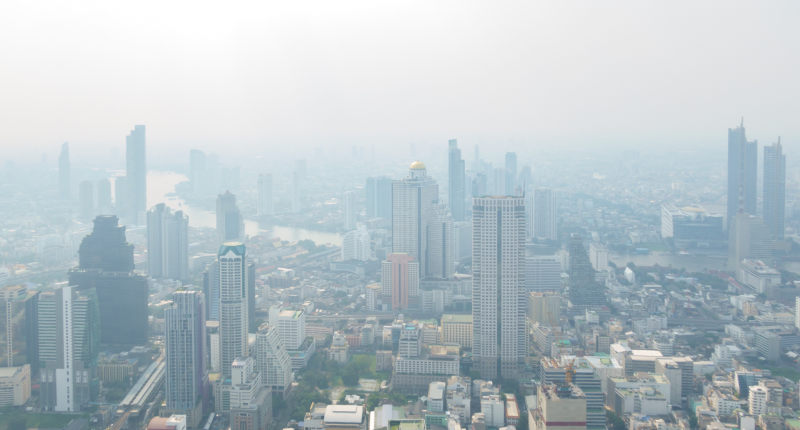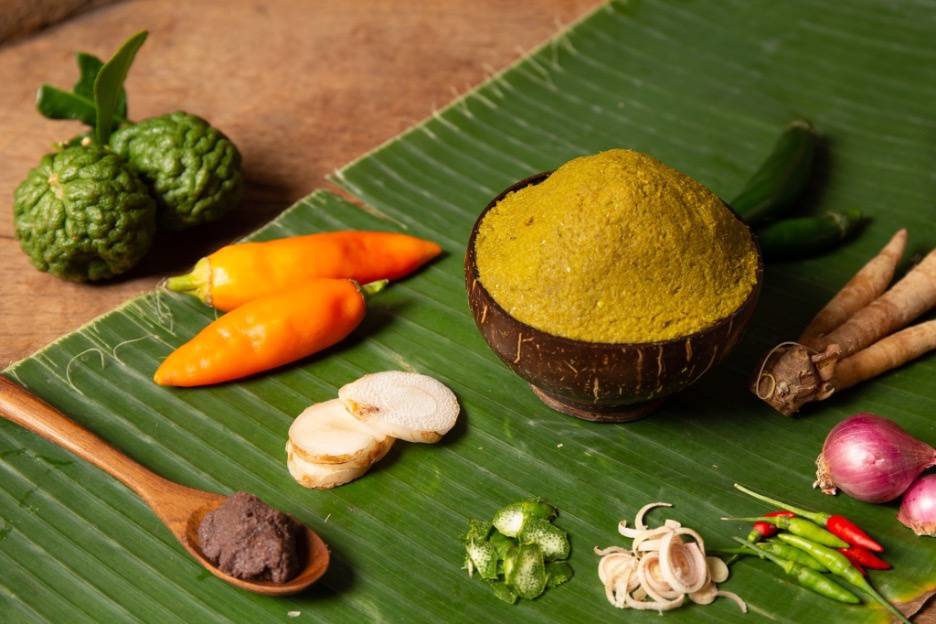Living in Thailand: The Hidden Health Risks Expats Should Watch Out For
Thailand is known for its stunning landscapes, rich culture, and vibrant lifestyle. However, expat men should be aware of some health risks specific to the tropical climate and lifestyle in Thailand. While the country has a reputable healthcare system, prevention and awareness are key to staying healthy. Here are seven hidden health threats to watch out for and tips on managing them effectively.
Understanding Health Risks in Thailand’s Climate and Lifestyle
1. Dehydration and Heat Stroke: Managing Thailand’s Tropical Climate
Why Hydration is Crucial for Older Expats
Thailand’s hot and humid climate can be particularly challenging for older men, who may have a reduced sense of thirst. This increases the risk of dehydration and heat stroke, especially during the hot season.
- Tips: Aim to drink at least 2.5 to 3 liters of water daily, avoid excessive alcohol, and keep electrolyte drinks on hand.
2. Air Pollution and Respiratory Issues
Understanding Air Pollution and Its Effects on Health
Air pollution is a serious health threat, particularly in urban centers like Bangkok and Chiang Mai. Exposure to high PM2.5 levels can lead to respiratory problems, cardiovascular disease, and other long-term health issues.
- Protection Tips: Limit outdoor activities during high pollution days, use air purifiers indoors, and check air quality reports.
3. Foodborne Illnesses: Precautions for Enjoying Street Food Safely
Why Expats are More Vulnerable to Foodborne Diseases
Thailand’s street food scene is tempting, but it can expose expats to foodborne illnesses such as E. coli, salmonella, and hepatitis A, especially those with sensitive immune systems.
- Safety Tips: Opt for freshly cooked food from vendors with high turnover, avoid raw dishes, and drink bottled water. Seek medical attention if symptoms like fever or diarrhea persist.
4. Dengue Fever: Protecting Yourself from Mosquito-Borne Illnesses
How to Reduce Your Risk of Dengue Fever
Dengue fever, a mosquito-borne illness, is common in Thailand, especially during the rainy season. It can lead to severe complications for older adults, such as dengue hemorrhagic fever.
- Prevention Tips: Use insect repellent, wear long sleeves, and remove standing water around your residence.
5. Cardiovascular Disease: Avoiding a Sedentary Lifestyle
Lifestyle Changes to Protect Heart Health in Thailand
Sedentary lifestyles combined with a high-sodium Thai diet can increase the risk of cardiovascular disease among expats. Fast food, fried foods, and rich Thai dishes can contribute to high blood pressure and cholesterol levels.
- Healthy Habits: Exercise regularly, choose balanced meals, and have routine check-ups to monitor blood pressure and cholesterol.
6. Diabetes: Keeping Blood Sugar Levels in Check
How to Prevent and Manage Diabetes While Living in Thailand
Type 2 diabetes is prevalent in Southeast Asia, partly due to diet and lifestyle. Excessive sugar intake from popular Thai desserts and drinks can increase your risk.
- Preventive Measures: Reduce sugar intake, maintain a healthy weight, and stay active. Men over 45 should have regular blood sugar checks, especially if there’s a family history of diabetes.
7. Prostate Health: Regular Screenings are Essential
The Importance of Prostate Exams for Expats Over 50
Prostate issues, such as benign prostatic hyperplasia (BPH) and prostate cancer, become more common with age. Regular screenings are crucial for early detection and effective treatment.
- Screening Tips: If you’re over 50, schedule annual prostate exams, and seek medical advice if experiencing symptoms like frequent urination or blood in the urine.
Tips for Staying Healthy as an Expat Man in Thailand
Preventive Care: A Key to Enjoying Life in Thailand
Thailand’s healthcare services are extensive, but preventive care is essential for avoiding unexpected health issues. Staying hydrated, monitoring your diet, and undergoing regular screenings can go a long way in protecting your health.
Health Insurance for Expats: Comprehensive Coverage for Peace of Mind
Expats in Thailand should consider health insurance that covers preventive care, screenings, and treatments for chronic conditions. Insurance plans like Cigna offer peace of mind by covering unexpected health costs, allowing you to focus on enjoying life in Thailand.
Conclusion: Be Proactive About Your Health as an Expat in Thailand
Thailand’s tropical climate and lifestyle offer many perks, but staying aware of hidden health threats is essential. From managing hydration to regular health screenings, simple steps can help expat men enjoy a healthy, fulfilling life in Thailand.









